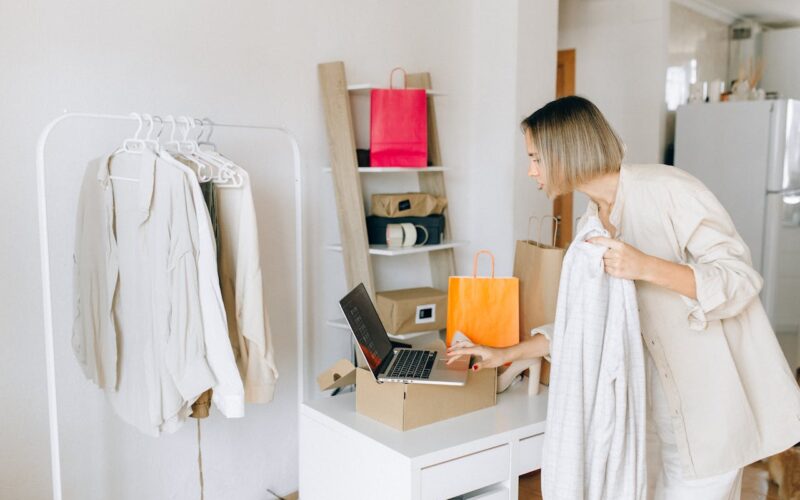Living solo feels empowering, but it comes with money lessons fast. Suddenly, every grocery run or online impulse buy hits your budget harder. What once felt like small splurges can now lead to clutter, waste, or regret. When you’re the one paying all the bills, it’s time to shop smarter. Certain items just don’t make sense when you’re only shopping for one. Cutting out these ten common purchases can help you save money, space, and stress without sacrificing your independence.
1. Bulk groceries you won’t finish
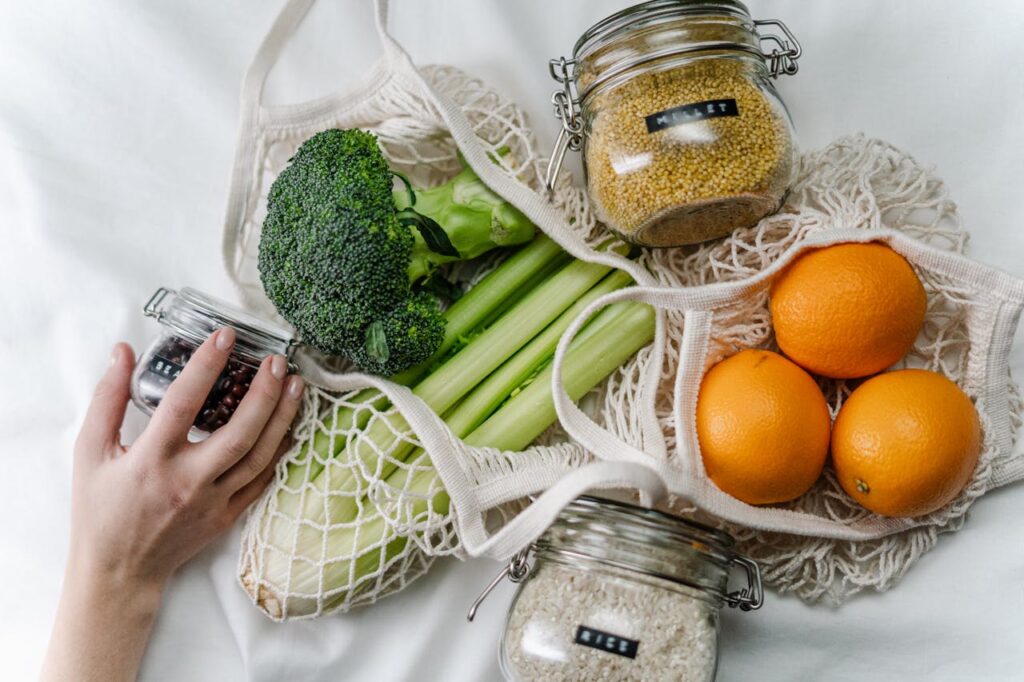
Buying in bulk sounds smart, until you’re tossing half of it in the trash. When you live alone, giant food packs often spoil before you can finish them. Fruits go mushy, bread gets moldy, and those “value” packs of meat may sit in the freezer for months. Instead of saving money, you’re just wasting it. Buy smaller quantities more often. You’ll eat fresher, waste less, and avoid that guilty fridge cleanout full of forgotten leftovers.
2. Single-use kitchen gadgets
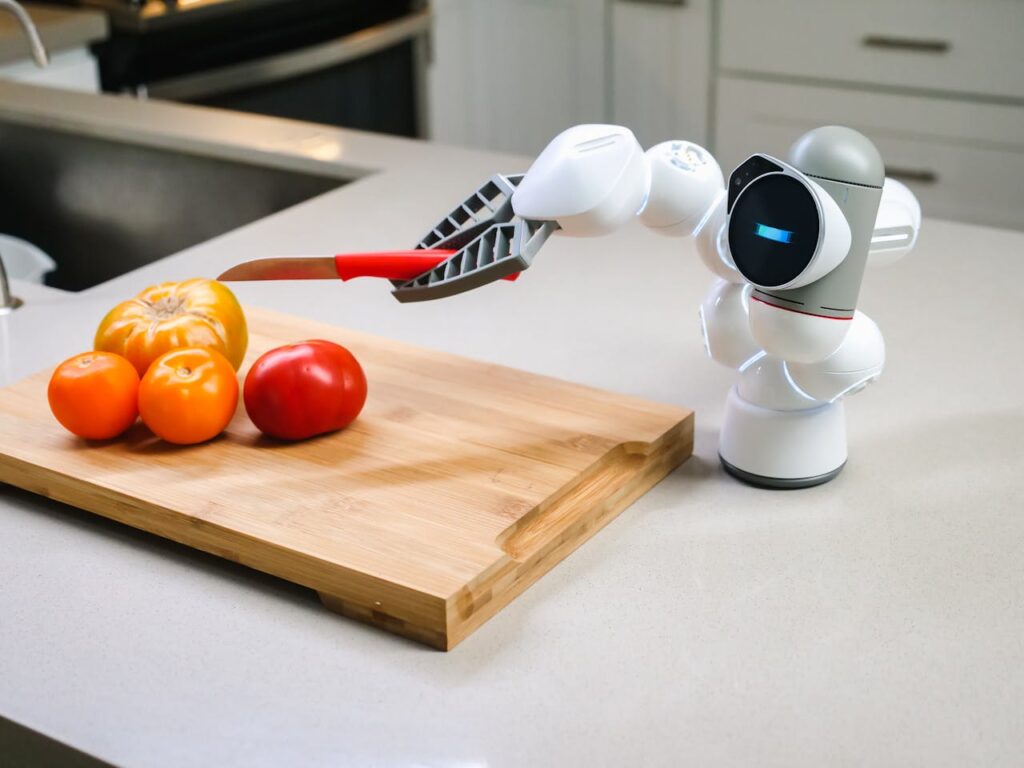
That popcorn maker or egg poacher might sound fun, but chances are it’ll end up stuffed in the back of a drawer. When you’re cooking for one, you don’t need gadgets that only do one thing. Stick to the essentials: a good skillet, saucepan, cutting board, and blender go a long way. Not only do you save money and space, but you also simplify your cooking routine. Less clutter equals a calmer, more efficient kitchen.
3. Trendy but useless décor
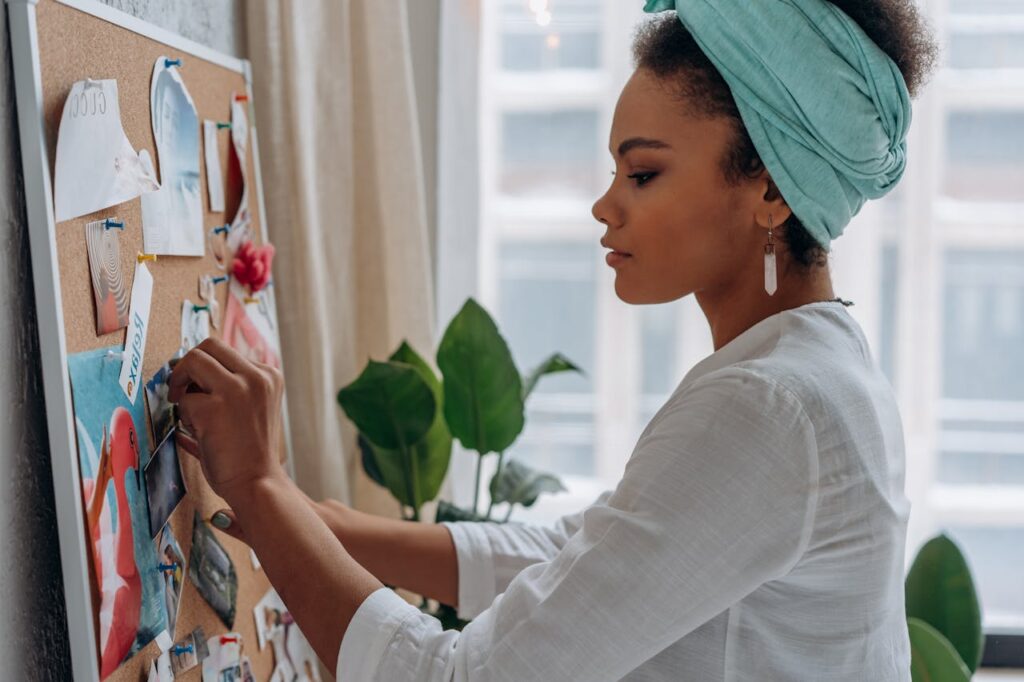
It’s easy to get carried away when decorating your place. Neon signs, themed coasters, and decorative trays might look great online, but do they serve a purpose in your daily life? When you’re on a budget, focus on pieces that are both practical and meaningful. Overloading on trends can make your space feel cluttered and inauthentic. Let your style evolve naturally instead of copying Instagram. Your apartment should reflect you, not someone else’s feed.
4. Too many cleaning products
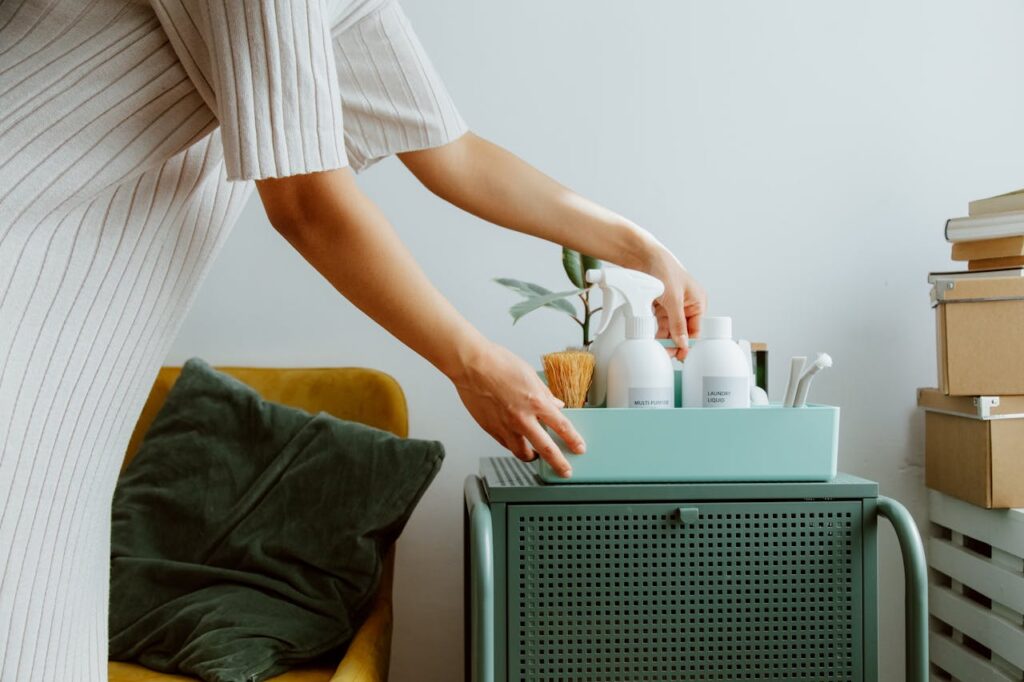
You don’t need a special spray for every surface. It’s easy to collect bottles for wood, glass, tile, and counters, but one or two all-purpose cleaners usually do the trick. Living on your means every cabinet matters, and storing eight types of disinfectants isn’t practical. Stick to the basics: an all-purpose spray, something for the bathroom, and maybe glass cleaner. You’ll save money, reduce clutter, and make cleaning feel less like a chore.
5. Disposable dishware
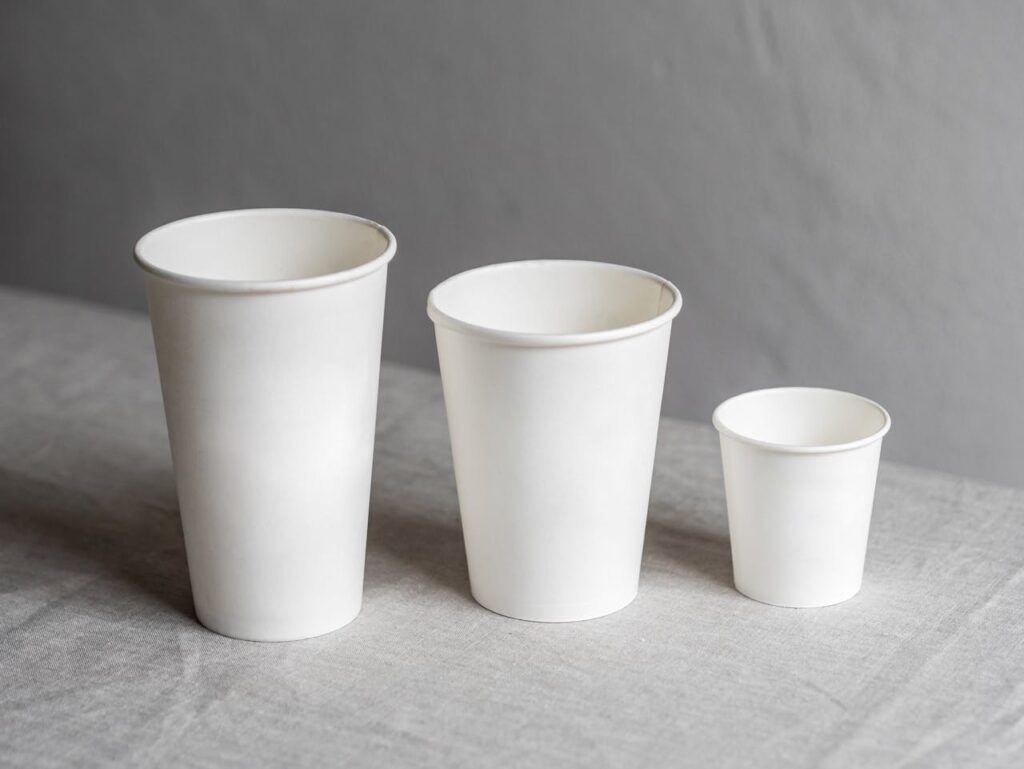
Paper plates and plastic cups might feel convenient, especially if you’re avoiding dishes, but they’re wasteful and cost more over time. When you live alone, washing a few plates takes barely a minute. Real dishes make meals feel more satisfying, even if it’s just takeout. Plus, you’ll reduce trash and save money in the long run. Keep a small set of plates, bowls, and utensils, enough for you and maybe a guest. That’s all you need.
6. Subscriptions you don’t use

It’s easy to forget you’re paying for a streaming service, fitness app, or random subscription box until your account takes a hit. Living alone means watching every charge. If you’re not actively using it, cancel it. A $12 subscription might not seem like much, but those little charges add up quickly. Audit your bank statements regularly. Keep what you truly enjoy, and ditch the rest. That extra money could go toward groceries, rent, or your savings.
7. High-end name brands

When you’re footing all the bills, a designer hoodie or luxury candle might not be the smartest purchase. Branding can be tempting, but the price tag doesn’t always match the quality. Save splurges for meaningful occasions. Most of the time, affordable brands or thrift store finds can meet your needs just as well. Living solo teaches you to value function over flash, and to know when you’re paying more for the label than the product.
8. Oversized snack packs

It sounds smart, stocking up on giant chip bags, cookie boxes, or bulk candy. But when you’re alone, they become an invitation to over-snack or let food go stale. Smaller packages may cost more per ounce but save you from waste (and regret). Portion control is easier, and your cabinets stay organized. Buy treats in smaller quantities and savor them. You’ll avoid tossing half-eaten bags, and your waistline and wallet will both thank you.
9. Too many bathroom products
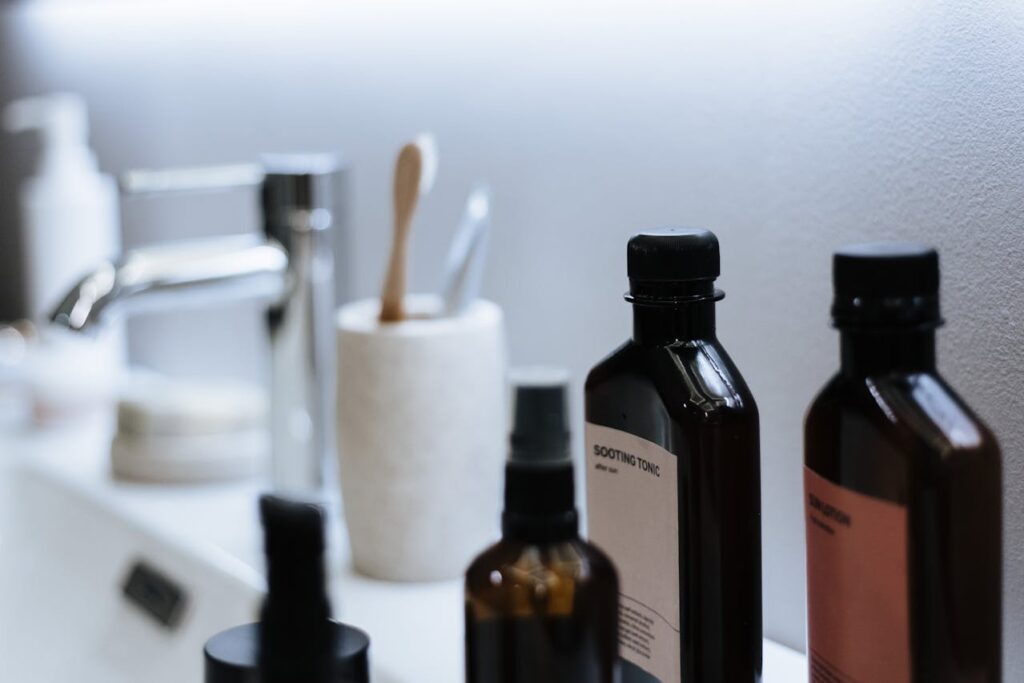
You don’t need five types of shampoo, four facial scrubs, and two backup deodorants. When living alone, it’s tempting to overstock “just in case,” but that often leads to waste and clutter. Stick to one of each essential and replace as needed. Fewer products mean less to store, less to clean around, and fewer expiration dates to worry about. Keep your bathroom simple, and you’ll enjoy getting ready without rummaging through piles of bottles.
10. Full-price furniture
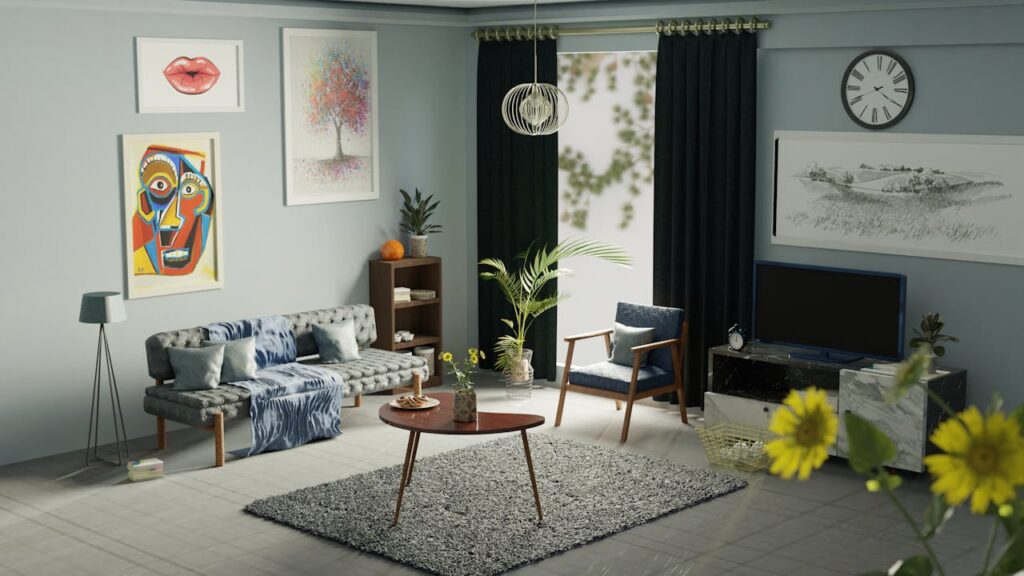
Furnishing your space doesn’t mean maxing out your credit card at trendy furniture stores. When you’re on your own, the budget matters more than matching aesthetics. Great furniture deals are out there, thrift shops, Facebook Marketplace, and even curbside finds can surprise you. It’s okay to build your place slowly. Focus on essentials first: a bed, a table, and seating. You can upgrade later, but starting smart saves you from overspending in the moment.
